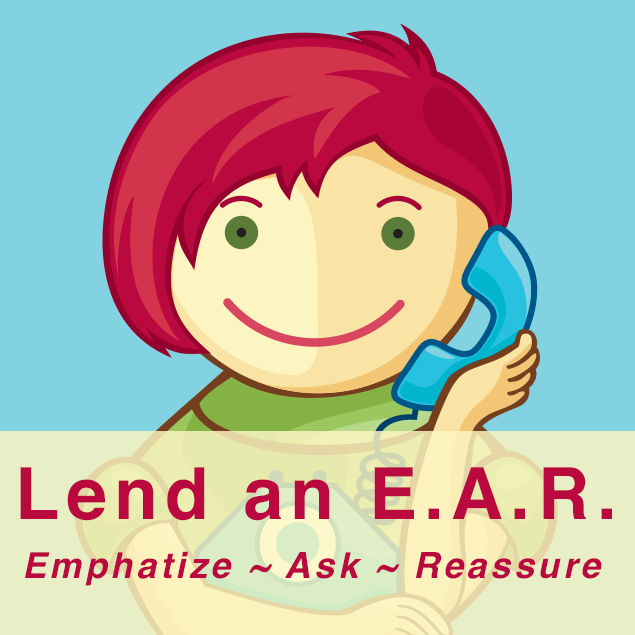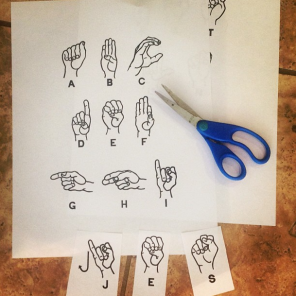
I haven’t intentionally been keeping a secret, but I feel as though am imparting one to you now. I can’t tell you how many times I’ve offered guidance that ended in the proclamation “You’re a genius” or saw a panel of interviewers’ eyes light up when they heard my answer to their hypothetical “difficult client” question.
The thanks goes to Jade, NYC, Virgin Records, and Bullies, Tyrants, and Impossible People: How to Beat Them Without Joining Them.
 Jade and I had taken a trip to NYC. She was bummed that the Virgin Records store in Times Square was closing, so we popped by for one final visit. Everything had to go, and I found myself drawn to a small yellow book. I bought it and couldn’t put it down. I learned it, loved it, lived it from there, transforming my relationships with my clients.
Jade and I had taken a trip to NYC. She was bummed that the Virgin Records store in Times Square was closing, so we popped by for one final visit. Everything had to go, and I found myself drawn to a small yellow book. I bought it and couldn’t put it down. I learned it, loved it, lived it from there, transforming my relationships with my clients.
Beyond work, I was able to apply what I learned to all of my relationships. This book is worth buying – and you should – so I will focus on one area you can share with your kiddles: the “Situationally Difficult” person.
Let’s say we are acquaintances. If we were both out for a stroll and came upon each other, we’d exchange pleasantries (pleasant people that we are) and go about our merry ways. But let’s say you were out and about and I accidentally dropped my anvil out the window, missing you by the hair on your chin (sorry, you have a hairy chin) and smashing the sidewalk in front of you. The exchange that ensues may not be as pleasant.
A typically pleasant client of mine was known to become difficult when certain situations arose. The wonderful trick I picked up is summarized as EAR. This worked with my client and also helped a mom-friend of mine who was dealing with a “difficult” child due to a sudden relocation, so I will use the latter case as the example. This was my advice:
Empathize:
I understand how hard it is to leave the house you grew up in.
It must be tough to have to soak this in so quickly.
That must really stink!
Ask:
What makes a “home” for you?
What things here can you bring? I bet you have a lot of things that make your “home” home and your room, your room.
What can you create in this new spot to create the perfect home?
Reassure: (without making any promises that you can’t keep)
I’m sure you’ll find a way to stay close to all your friends.
I bet you’ll be able to visit.
My money is on you kiddo– I predict that everything will work out.
Whereas the book focuses on people who are being difficult towards you, this EAR technique can be used to help someone going through a difficult situation.
In addition to the “Situationally Difficult” person, the book covers two more types of difficult people: “The Strategically Difficult” person the “Truly” difficult person. Check out this book! It’s one of my favorites. Here’s a link, and it’s not even an affiliate link. 🙂






Comments are closed.